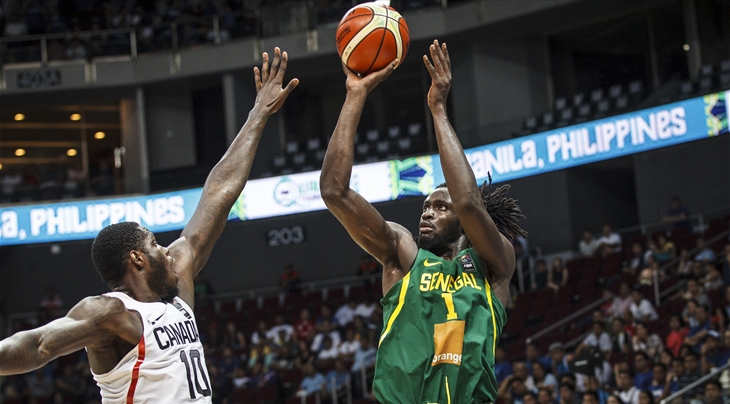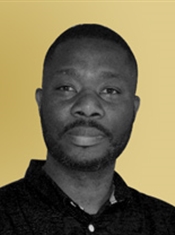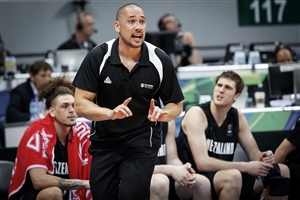
A look back at the campaigns of African teams at FIBA's OQTs
SHEFFIELD (Julio Chitunda’s African Message) - The three 2016 FIBA Olympic Qualifying Tournaments (OQTs) have come and gone, and despite the disappointment of missing out on qualifying for next month's Rio Olympics, Angola, Senegal, and Tunisia have learned that fewer errors could have boosted their chances.
All three African teams lost their two Group Phase games and as a result failed to advance to the Semi-Finals.
At the Belgrade OQT, former African champions Angola showed up with the youngest side in the six-team event. By calling up two 17-year-olds and two 20-year-olds, head coach Carlos Dinis not only gave the youngsters hope of improving their game, but he also opened the door to a new generation change.
Although Puerto Rico were better than the Angolans in the Group A opener, the Southern Africans should have known beforehand, that making only 58.3 percent of their free-throws (14-of-24) against a team that shoots well from three-point range would have proven costly.
Teenagers Silvio Sousa and Bruno Fernandes not only added size for Angola but gave glimpses of the tremendous margin of progression they both have. Despite their young age, they must be kept on the team if the Angolans are to regain dominance in Africa.
Going up against Serbia and Puerto Rico - who faced each in the tournament's Final - might have taught the Angolans some lessons, and facing Spain on Tuesday 12 July in Madrid could be yet another chance for the Angolans to start preparations to their future.
At the Manila OQT, Senegal, the most competitive of the African teams, could have done a lot better than losing their two Group Phase games against Canada and Turkey.
After stunning the basketball world at the 2014 FIBA Basketball World Cup, the Senegalese reminded everyone that they are a tough team to beat. However, they had no one to blame other than themselves for the two losses. A team that averages tournament-highs of 52 rebounds and 5 blocks per contest should be able to handle the ball better and shoot better than their 32.1 percent field goal percentage.
Maurice Ndour, one of the two players in the Manila OQT - alongside Jack Webster - to average a double-double, emerged as an all-around player for Senegal.
The former Real Madrid man sparked Senegal with averages of 15 points and 10.5 rebounds per game while veteran Maleye Ndoye contributed 10.5 points per contest and hit timely three-pointers.
At the end of the day though, there was something missing from the Senegalese side. Although observers tend to argue that a team has to be able to play with the players available, I believe that Gorgui Dieng - who elected to withdraw from the team - and Mouhammad Faye could have brought an offensive spark that Porfirio Fisac’s side lacked in critical moments of their OQT run.
At the Turin OQT, Tunisia entered the competition knowing that playing without Salah Mejri and Mohamed Hadidane would be challenging. To make matters worse, Makram Ben Romdhane got injured before the game against Italy.
Although they put on a fight, they were unfortunate to be drawn against the two best teams in the competition in Croatia and hosts Italy.

Michael Roll led Tunisia with team-highs 15 points and 5 assists
Yet, the North Africans should have been able to score more than 46.5 points per game.
With the OQTs are done and dust, the race for FIBA AfroBasket 2017 is officially open.
Julio Chitunda
FIBA
FIBA's columnists write on a wide range of topics relating to basketball that are of interest to them. The opinions they express are their own and in no way reflect those of FIBA.
FIBA takes no responsibility and gives no guarantees, warranties or representations, implied or otherwise, for the content or accuracy of the content and opinion expressed in the above article.

















